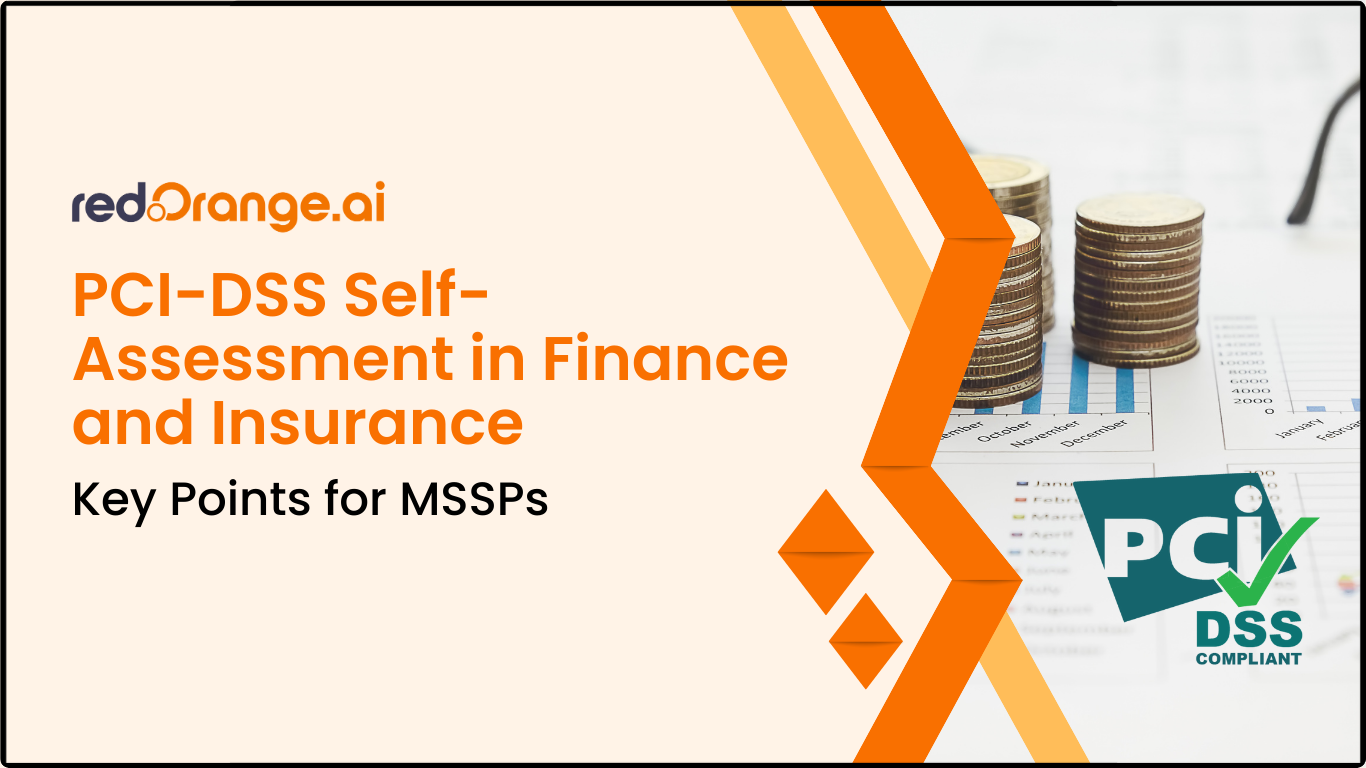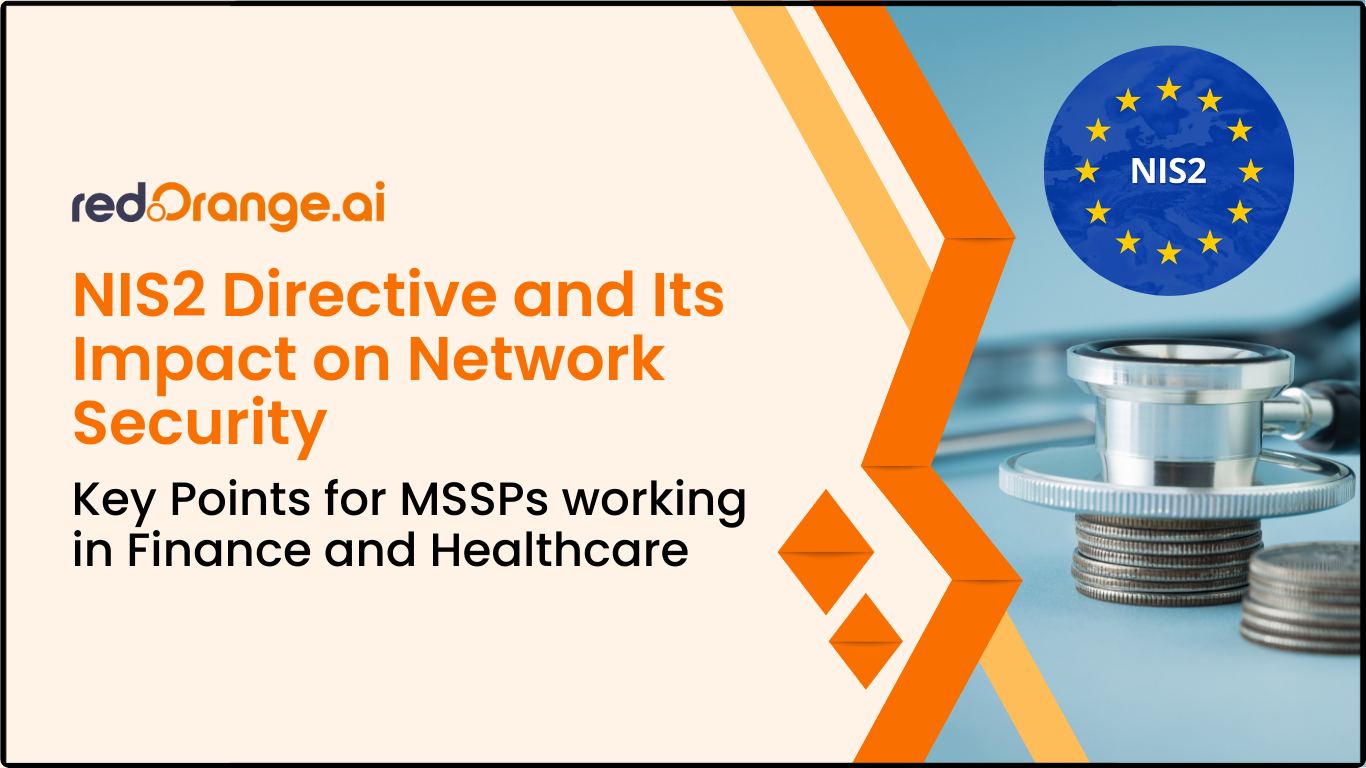Everything you need to know about SaaS compliance in 2024
Before we jump into understanding why and how compliance has taken a huge significance in the SaaS cloud world. Let’s try to understand the potential impacts of non-compliance that had majorly affected the existing businesses over just the past 10 years.

Wondering, what could be the potential
consequences of non-compliance?

What is compliance in SaaS?
You may think of SaaS compliance as a rulebook for SaaS providers. It tells them what they need to do to play by the rules. These rules cover everything from taxes to how they handle customer info and even how often they can send emails.
Specific regulations include those concerning cybersecurity (e.g., ISO 27001), revenue recognition (e.g., ASC 606), and data protection (e.g., GDPR), among others.
In the SaaS world, it’s usually the finance team’s job to make sure the company follows all these rules, especially when it comes to where they operate and the kind of data they handle.
Basically, SaaS compliance is all about following a bunch of rules and standards to keep data safe. These rules change depending on where you are and what industry you’re in, but the main goal is always to keep data private, accurate, and available when needed.
Why is SaaS compliance important in 2024?

If you ignore compliance, it's like inviting a disaster. You might mess up handling data, get hit with huge fines, face lawsuits, or have your product's reputation ruined.
✅Enhances credibility with investors.
✅Safeguards data and revenue.
✅Validates processing integrity.
✅Aligns with privacy standards.
✅Adheres to global accounting, tax, and payment regulations.
Above all, compliance majorly helps you build that trust to your customers. So, by sticking to compliance, SaaS companies can make sure they’re doing things right and keeping everyone happy and secure. If compliance goals are prioritized, your business can reach its full potential globally.
What are the types of SaaS compliance?
SaaS companies should always remember to stick to various rules, such as financial regulations and ensuring data security and privacy. Although these rules can vary based on the industry, the specific service offered, contractual obligations, or general mandatory regulations. But in general every SaaS business should be following 3 major type of SaaS compliance-
- Financial Compliance
- Security Compliance
- Data Privacy compliance
Financial Compliance
Financial compliance is the practice of following regulations that apply to financial, banking, and capital markets. This ensures that transactions and financial reporting are safe and reliable.
SaaS businesses need to comply with various financial regulations, such as-
PCI DSS for preventing digital fraud and
IFRS for accounting standards.
Security compliance
Involves the implementation of information security measures to safeguard sensitive data.
SaaS businesses that store and process personal information need to comply with security regulations such as-
SOC 2 and ISO 27001 to demonstrate their commitment to security.
Data privacy compliance
SaaS businesses need to comply with GDPR if they collect and process personal data of EU citizens, and
HIPAA if they handle Protected Health Information (PHI) by providing services to healthcare organizations.
What are the best practices to follow while maintaining SaaS compliance?
1. Implement Policies and Procedures
2. Monitor Security and Compliance adherence
It is highly recommended to perform risk assessments at least once a year or after any significant changes in policies. This can help to ensure that potential risks are identified and addressed promptly
3. Include compliance in the development cycle
4. Ensure Incident Management Process
5.Conduct Regular trainings on latest compliance trends
6. Conduct regular audits to understand status quo of compliance
7. Automate the Compliance process
Automating SaaS compliance involves using technology to streamline and manage compliance processes within software-as-a-service businesses. Here are some key points on why it’s important:
Increased Efficiency: Automating compliance tasks saves time and resources by reducing manual effort. Instead of spending hours manually checking for compliance, software can do it faster and more accurately.
Reduces Human Error: Human error is a risk when it comes to compliance. Automation helps minimize mistakes by executing tasks consistently and according to predefined rules.
Flexibility of Scale: As SaaS companies grow, so do their compliance requirements. Automation enables scalability by handling larger volumes of data and tasks without proportionally increasing the workload.
Real-time Monitoring: Automated compliance systems can continuously monitor data and processes in real-time, promptly flagging any issues or deviations from compliance standards.
Power of Adaptability: Compliance regulations are constantly evolving. Automated systems can be updated quickly to reflect changes in regulations, ensuring that the business remains compliant at all times.
Risk Mitigation: Non-compliance can result in hefty fines, legal consequences, and reputational damage. Automating compliance reduces the risk of errors and oversights, helping SaaS companies avoid costly penalties.
Competitive Advantage: Demonstrating robust compliance practices can enhance the trust and confidence of customers, partners, and investors. It can also give SaaS companies a competitive edge in the market.
Data Security: Automation can strengthen data security measures by enforcing compliance protocols consistently and proactively identifying potential security vulnerabilities or breaches.



